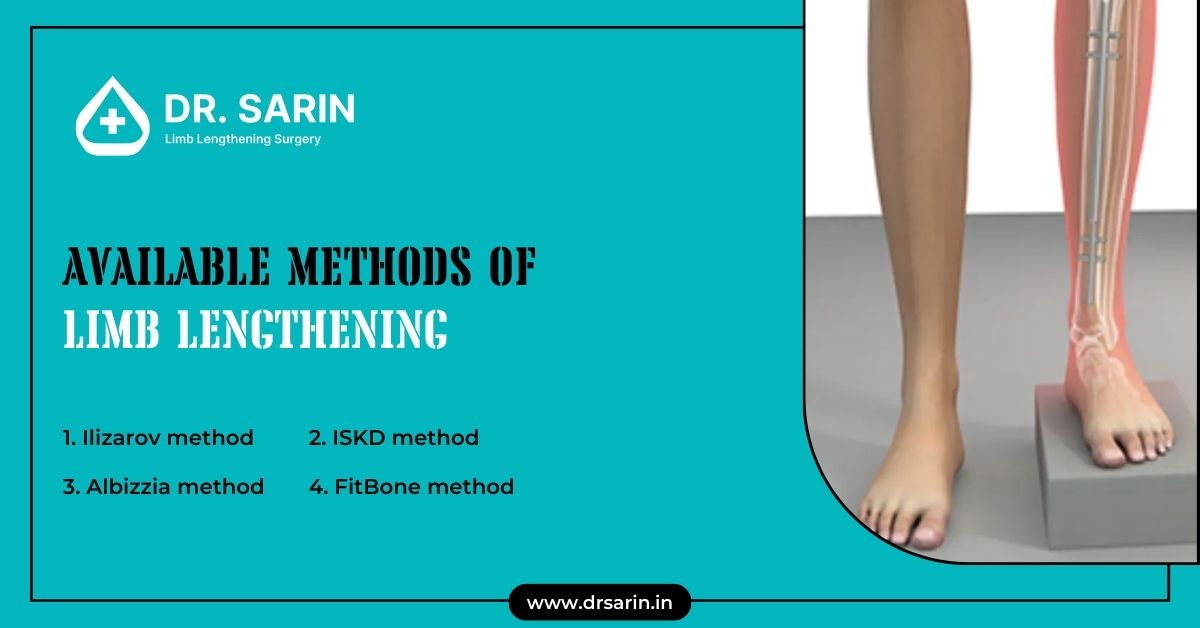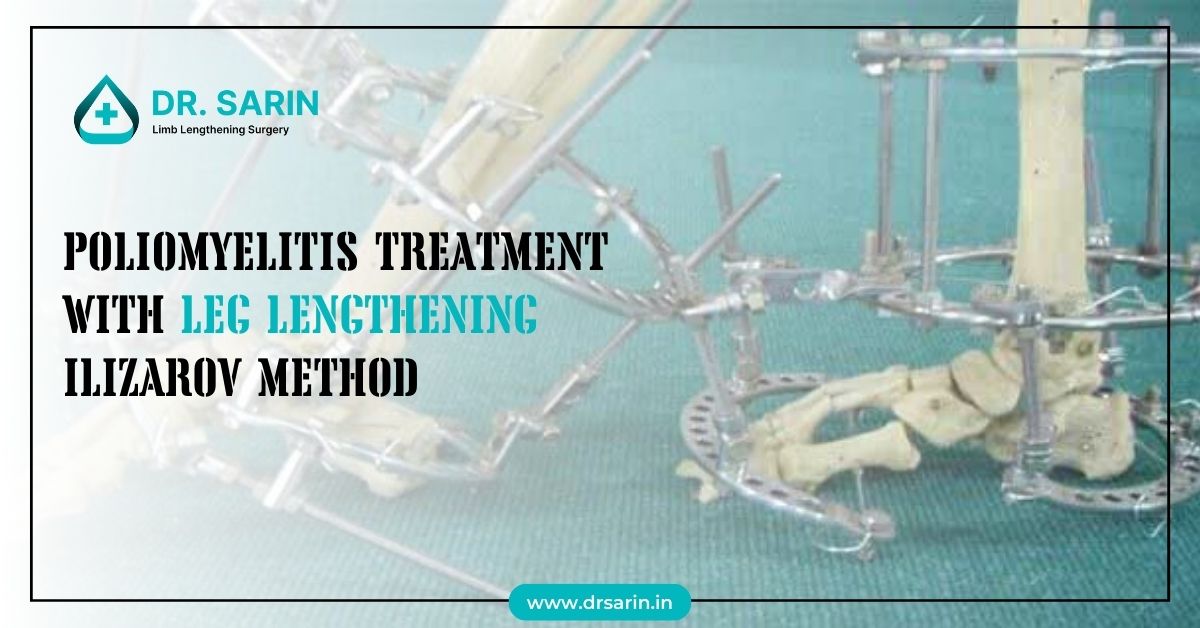Height is primarily determined by genetics and influenced by various factors such as nutrition, environment, and hormonal balance. While no drugs are specifically designed to increase height growth in adults, specific treatments may be prescribed for individuals with growth hormone deficiencies or other medical conditions affecting growth. In this comprehensive guide, we’ll explore the potential for height growth medicine during childhood and adolescence and options for increasing height after puberty.
Increasing Height During Childhood and Adolescence
During childhood and adolescence, the body undergoes significant growth and development, primarily driven by the release of growth hormones produced by the pituitary gland. Adequate nutrition, proper sleep, and regular physical activity support optimal growth during this period. Children with growth hormone deficiencies may be prescribed synthetic injections or height growth medicine to stimulate growth and achieve typical height milestones.
Increasing Height after Puberty
After puberty, when growth plates in the long bones of the body fuse and stop growing, it becomes challenging to increase height through natural means. However, limited options for increasing height in adults with certain medical conditions may exist. For example, individuals with growth hormone deficiencies or skeletal dysplasias may benefit from height growth supplements or growth hormone therapy or orthopaedic surgeries to correct bone deformities and improve stature.
Are Height Increase Pills Safe?
Height growth pills, supplements, or herbal remedies marketed as “height enhancers” or “growth stimulators” are widely available in the market but lack scientific evidence to support their effectiveness or safety. These height growth capsule often contain a combination of vitamins, minerals, amino acids, and herbal extracts purported to promote growth. However, height growth supplements efficacy and safety remain questionable, and they may pose risks such as adverse reactions, interactions with medications, or unknown long-term effects. It’s essential to consult with a healthcare professional before using any height growth medicine or supplements, especially in children and adolescents.
How Can Height Be Increased After Puberty?
While it’s challenging to increase height after puberty, there are lifestyle modifications and interventions that may help optimize posture and maximize height potential. These include:
1. Maintaining good posture: Proper posture can create the illusion of height and prevent spinal compression, contributing to height loss over time. Practising exercises that strengthen the core muscles and improve spinal alignment can help maintain optimal posture.
2. Healthy lifestyle habits: Healthy lifestyles such as eating a balanced diet rich in calcium and vitamin D, regular exercise, and ensuring adequate sleep can support overall health and well-being. While these practices may not directly increase height, they can optimize bone health and promote overall growth and development.
3. Consulting a healthcare professional: Individuals concerned about their height or seeking interventions to maximize height potential should consult a qualified healthcare professional, such as an endocrinologist or orthopaedic specialist. These specialists can assess individual growth patterns, identify underlying factors contributing to short stature, and recommend appropriate interventions or treatments.
The only possible way to increase height after puberty is through limb lengthening surgery. However, this surgery is a severe surgical operation, and it is essential to obtain detailed information about the process from a specialist doctor before making this decision. One of the points we are most sensitive about is ensuring that our patients are correctly informed about the process. Individuals considering surgery are first subjected to health examinations by our specialist doctor. These examinations include checking the general health status, blood tests, X-ray images, bone health, and muscle structure. Additionally, the patient’s age and any chronic conditions are considered; based on these, our doctor decides whether the patient is suitable for surgery. Contact our patient representatives directly if you want detailed information about limb lengthening surgery.




